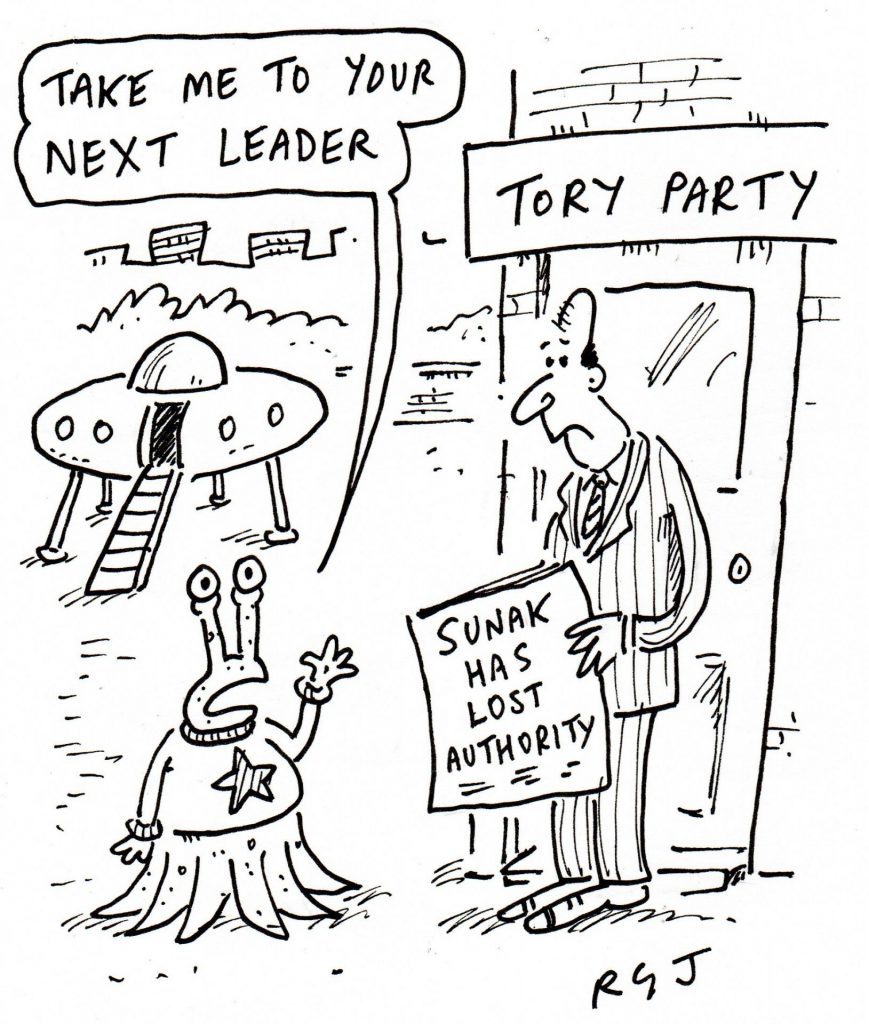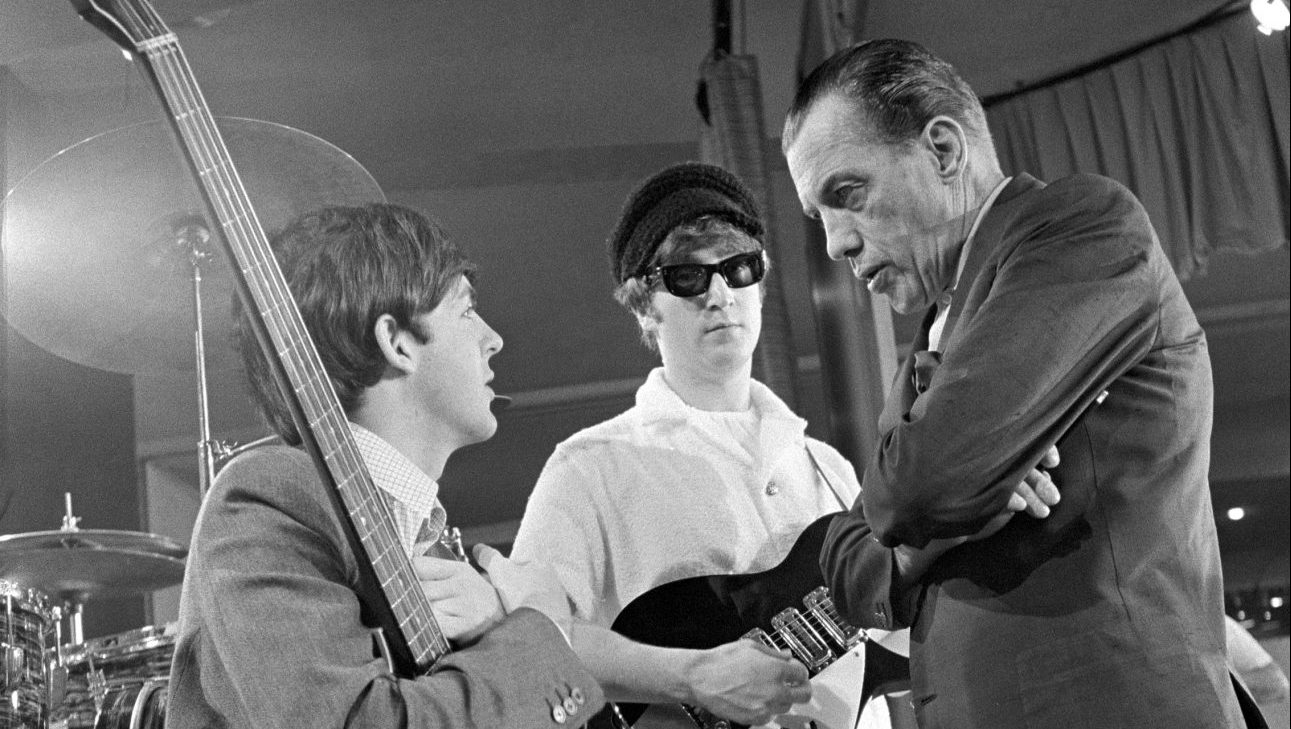At a school in Twickenham, a year 10 pupil asked me to tell her the worst and best moments of my time with Tony Blair. Worst – the moment I heard the news that the body of weapons inspector David Kelly had been found. Best – the moment I realised that what became known as The Good Friday Agreement was actually happening.
I had been pretty pessimistic in the days running up to that moment, spent mainly in a grim concrete block known as Castle Buildings. More optimistic had been my colleague Jonathan Powell, No 10 chief of staff who would become TB’s main negotiator in the peace process, since when he has used the skills developed in that role to help facilitate negotiations between seemingly intractable enemies in various disputes around the world.
There had been so many times when it felt frankly impossible to get the various parties into the same room, let alone to sign up to an agreement. Yet it happened. Everything is impossible, as Nelson Mandela liked to put it, until you make it happen.
So with the Israel-Palestine situation very much in the “everything is impossible” state right now, I had a vague memory of Jonathan having five central principles at the heart of any peace process, and asked him to remind me what they were. His reply:
“1) You are going to talk to your enemy sooner or later, so don’t let the desire for revenge after an outrage blind you to the need to do so – the sooner the better.
“2) It isn’t usually possible for democratic governments to be seen to be talking to terrorists killing their people, so contacts must begin by secret back channel.
“3) It isn’t always the right moment to move to negotiations, but you need to try. Success depends on leadership on both sides and the existence of a perceived mutually hurting stalemate.
“4) Negotiating with terrorists is not appeasement. Terrorism does not succeed. We never even discussed a united Ireland with Sinn Féin. And you need to be clear about what you are negotiating – an end to the conflict, not the political future of the country, which needs to be debated in parliaments with democratically elected leaders.
“5) When you start a negotiation with a terrorist group there is normally no zone of possible agreement in view. But that does not mean an agreement is impossible. Negotiations have a dynamic of their own – like an escalator that takes you to a destination once you put your foot on the first step. The IRA constitution forbade them from giving up their weapons until there was a united Ireland, but they did it in the end.”
As the Israelis digest the International Court of Justice interim ruling on the genocide case mounted against them by South Africa, as Hamas debate whether events are really working to their advantage, and as the risk of a wider conflict rises following Iran’s role in the death of US soldiers on Sunday, Jonathan’s principles seem pretty relevant if, right now, distant from what is happening on the ground. But read them again. Whether from the Israeli government’s perspective or from that of Hamas, most still apply.

Burns Night got me worked up into a lather last week. Not the fact that one of Scotland’s most famous sons is still celebrated over 200 years after his death; more that every year, people who know I play the bagpipes get in touch on or just before the day, assuming I have nothing better to do than pop round to entertain them.Among them will be the same people who at other times – thinking they must be the first with the “wit” to say it – will ask whether the neighbours mind whenever I give the pipes a blow. Ha-bloody-ha. (They love it.)
As it happens, this year I was otherwise engaged anyway; at a Labour fundraiser in Croydon. So many local parties seem to have forgotten I was expelled back in the day when I was trying to get country and party to see sense on Brexit.
The big rage, however, came on reading about the small businesses who have given up exporting haggis on account of the extra costs and admin imposed on them as a result of the “oven-ready deal” (sic) on which the Tories won the last election.
And before the same anti-Scottish cynics ask who on earth eats haggis outside Scotland, the answer is quite a lot of people, not least those who celebrate Burns Night around the world, with haggis as central to the event as the musical instrument used to pipe it from kitchen to table.
Indeed, according to normally reliable media sources I’ve just Googled, among non-religious or non-dictatorial figures, globally only Christopher Columbus and Queen Victoria have more statues and memorials than Burns. Unlike Brexit, he will probably be celebrated to the end of time.
PS: As for piping, I am already booked for next year, and the year after, and the year after… you get the picture.
Though I love haggis, I accept that it is not to everyone’s taste. I was once privy to a chat between Jacques Chirac and Helmut Kohl, at the time leaders of France and Germany respectively, who had forgotten to switch off their microphones at a European summit, and so were still being translated by the interpreters, even though it was Robin Cook who was speaking.
“He is from Scotland,” said Chirac. “Do you know much about Scotland, Helmut?” ‘Ja,” replied the chancellor. “Beautiful country.”
“It is,” agreed Chirac. “So beautiful. But the food? Mon dieu, the food is awful. The national dish is something called haggis. Have you ever eaten haggis, Helmut?”“Nein,”’ replied Kohl.
“It looks like shit,” explained the famously food-loving French president, “… and tastes worse.”
Chirac’s most famous food insult helped London land the 2012 Olympics. Once again, his inability to spot a recording device was key.
He was joking with Vladimir Putin and Putin’s pal Gerhard Schröder, at the time Kohl’s successor in the German chancellery, about British cuisine. Again he took a pop at haggis, recalling the time it was served to him at a meeting with the Nato general secretary Scot George Robertson, and declaring it inedible. So far, no damage to the Paris bid for the 2012 Games.
However, Chirac went on to say that London couldn’t possibly win the Games because British cuisine was the second worst in the world, with only Finland worse than us. Now perhaps the two Finns on the International Olympic Committee were always going to vote for London anyway. But they certainly did after the French reporter with the tape recorder in his hand sent his story around the world.
Having started the week with a school visit, I ended it with another one, in Watford, to help promote iVote, a campaign to get young people registered to vote. Its founder, Philip Douglas, told me that only 16% of 16-year-olds are registered.
So what, you might say, 16-year-olds can’t vote in the next general election. Indeed they can’t. But they can register for when they become 18. Added to which, only 60% of 18-year-olds are registered. And given that most are unlikely to vote Tory, I don’t imagine the government will be doing much to encourage registration. Check out iVote.org.uk and spread the word.




